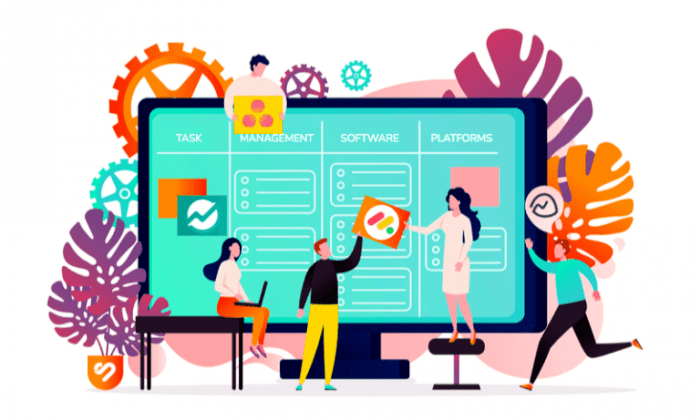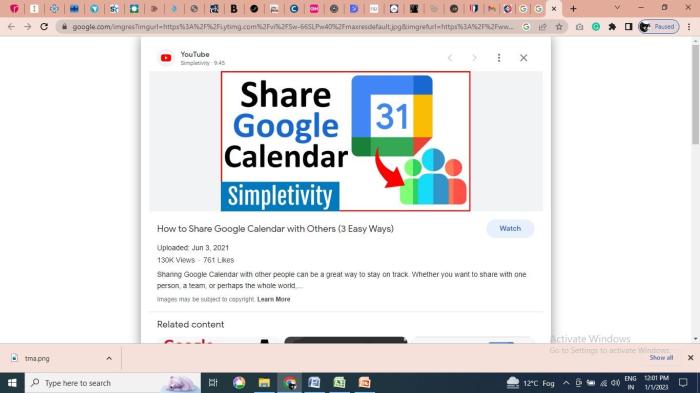In today’s fast-paced business environment, efficient organization and streamlined communication are paramount to success. This is where Customer Relationship Management (CRM) and task management software step in, offering powerful tools to enhance productivity and cultivate stronger customer relationships. While often used separately, integrating these systems can unlock significant synergies, leading to a more efficient and profitable operation. This comprehensive guide will delve into the intricacies of both CRM and task management software, exploring their individual functionalities, the benefits of integration, and considerations for choosing the right solution for your business needs.
Understanding Customer Relationship Management (CRM) Software
CRM software is designed to centralize and manage all interactions with current and potential customers. This encompasses a wide range of activities, from tracking leads and managing sales pipelines to providing customer support and analyzing customer behavior. A robust CRM system provides a single source of truth for all customer-related data, enabling businesses to personalize interactions, improve customer satisfaction, and ultimately, boost revenue.
Key Features of CRM Software:
- Contact Management: Storing and organizing customer information, including contact details, purchase history, and communication logs.
- Lead Management: Tracking potential customers from initial contact to conversion, automating follow-up processes, and nurturing leads through the sales funnel.
- Sales Force Automation (SFA): Automating sales tasks such as opportunity tracking, forecasting, and reporting, improving sales team efficiency.
- Customer Support & Service: Managing customer inquiries, resolving issues, and tracking customer satisfaction through various channels (email, phone, chat).
- Marketing Automation: Automating marketing campaigns, personalizing customer communications, and analyzing marketing effectiveness.
- Reporting & Analytics: Generating reports and dashboards to track key performance indicators (KPIs) and gain insights into customer behavior and business performance. This includes sales reports, customer churn analysis, and marketing campaign ROI.
Types of CRM Software:, Crm and task management software
- Operational CRM: Focuses on automating business processes, improving efficiency, and streamlining interactions with customers.
- Analytical CRM: Uses data analysis to understand customer behavior, predict future trends, and personalize marketing efforts.
- Collaborative CRM: Improves communication and collaboration between different departments and teams involved in customer interactions.
Understanding Task Management Software
Task management software helps individuals and teams organize, prioritize, and track tasks and projects. It provides a centralized platform for assigning tasks, setting deadlines, monitoring progress, and collaborating on projects. This software is crucial for improving team productivity, reducing bottlenecks, and ensuring projects are completed on time and within budget.
Key Features of Task Management Software:
- Task Creation & Assignment: Creating, assigning, and delegating tasks to team members.
- Prioritization & Scheduling: Prioritizing tasks based on urgency and importance, and scheduling tasks to optimize workflow.
- Progress Tracking & Monitoring: Tracking the progress of tasks and projects, identifying potential delays, and ensuring timely completion.
- Collaboration & Communication: Facilitating communication and collaboration among team members through comments, file sharing, and notifications.
- Reporting & Analytics: Generating reports on task completion rates, project timelines, and team productivity.
- Integration with other tools: Seamlessly integrating with other software such as CRM, email clients, and calendar applications.
Types of Task Management Software:
- Kanban Boards: Visual representation of workflow, allowing for easy tracking of task progress.
- List-based systems: Simple task lists with options for prioritization and due dates.
- Calendar-based systems: Scheduling tasks and projects within a calendar view.
- Project management software: Comprehensive tools for managing complex projects, including Gantt charts and resource allocation.
The Synergies of Integrating CRM and Task Management Software
Integrating CRM and task management software creates a powerful synergy, enhancing productivity and improving customer relationships. By connecting these systems, businesses can:
- Improve Sales Efficiency: Automatically create tasks from new leads or opportunities within the CRM, ensuring timely follow-up and reducing the risk of lost sales.
- Enhance Customer Service: Assign support tickets directly to team members from the CRM, ensuring timely resolution and improved customer satisfaction. This improves customer service response time and reduces resolution times significantly.
- Streamline Workflow: Automate repetitive tasks, such as sending follow-up emails or scheduling appointments, freeing up time for more strategic activities. This automation also minimizes human error and increases accuracy.
- Gain Better Insights: Combine data from both systems to gain a more comprehensive understanding of customer behavior and business performance. This improved data analysis allows for more informed decision-making.
- Improve Team Collaboration: Centralize communication and collaboration around customer interactions and project tasks, improving team efficiency and reducing confusion.
Choosing the Right CRM and Task Management Software
Selecting the right software depends on your specific business needs, budget, and team size. Consider the following factors:

Source: snacknation.com
- Scalability: Ensure the software can grow with your business.
- Integration capabilities: Check for integrations with other tools you use.
- User-friendliness: Choose software that is easy to learn and use for your team.
- Cost: Consider the pricing model and ensure it fits your budget.
- Customer support: Look for software with reliable customer support.
Frequently Asked Questions (FAQ)
- Q: What is the difference between CRM and task management software?
A: CRM software focuses on managing customer relationships, while task management software focuses on organizing and tracking tasks and projects. While distinct, they often complement each other. - Q: Do I need both CRM and task management software?
A: While not strictly necessary, integrating both can significantly improve efficiency and productivity, particularly for businesses with a sales or customer service focus. - Q: How can I integrate CRM and task management software?
A: Many CRM and task management platforms offer native integrations or utilize APIs to connect with other applications. Some offer direct integrations, while others may require third-party integration tools. - Q: What are some popular CRM and task management software options?
A: Popular CRM options include Salesforce, HubSpot, Zoho CRM, and Microsoft Dynamics 365. Popular task management options include Asana, Trello, Monday.com, and Jira. - Q: How much does CRM and task management software cost?
A: Costs vary widely depending on the features, scalability, and vendor. Some offer free plans, while others charge monthly or annual subscriptions based on user numbers and features.
References
Call to Action: Crm And Task Management Software
Ready to streamline your business operations and enhance customer relationships? Explore the various CRM and task management solutions available and choose the one that best fits your needs. Start optimizing your workflows today!
Quick FAQs
What are the key benefits of integrating CRM and task management?
Improved efficiency, better communication, enhanced collaboration, data-driven insights, and increased profitability.
How do I choose the right CRM and task management software for my business?
Consider factors like business size, budget, specific needs, integration capabilities, and user-friendliness. Research different options and try free trials if available.
What is the typical cost of CRM and task management software?

Source: isu.pub
Costs vary widely depending on the features, scalability, and vendor. Options range from free, open-source solutions to enterprise-level packages with substantial monthly or annual fees.
How long does it typically take to implement CRM and task management software?
Implementation time varies depending on the complexity of the system and the size of the organization. It can range from a few weeks to several months.
What kind of training is required for employees to use the software effectively?
Most vendors provide training resources, including online tutorials, documentation, and sometimes in-person workshops. The level of training needed depends on the software’s complexity and the employees’ technical skills.
